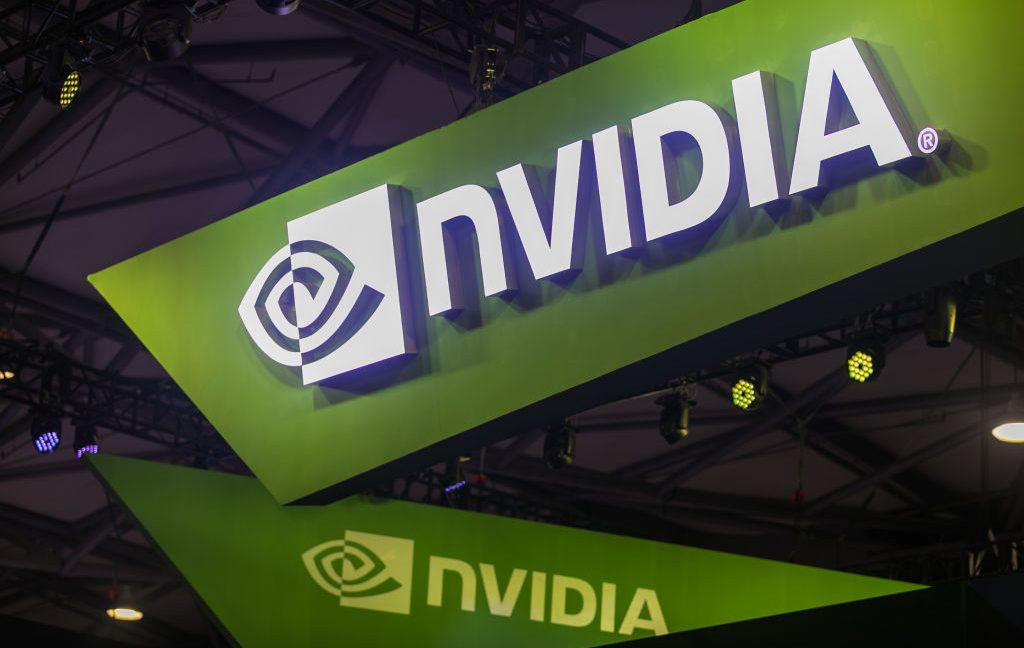There is no shortage of Nvidia’s advanced artificial intelligence processors being smuggled into China despite US export controls. The Financial Times has analyzed dozens of sales contracts and company filings, revealing that at least $1 billion worth of Nvidia’s B200 chips were shipped to China in the three months following Donald Trump’s tightened chip export controls.
Nvidia’s AI Chips Worth Over $1 Billion Smuggled to China
The FT analysis found that Nvidia’s B200 chips are widely available on the Chinese black market, with prices ranging between RMB 3 million to RMB 3.5 million ($489,000) per rack. These racks contain eight B200s and other necessary components for data centers. The current market price represents a 50% premium over similar products in the US.
One of the largest sellers of B200 chips is Gate of the Era, an Anhui-based company founded in February. The company’s name translates to "Gate of the Era," and it is fully owned by a group with the same name based in Shanghai. Gate of the Era has sold at least two shipments of hundreds of B200 racks each since mid-May, generating around $400 million in revenue.
Chinese Distributors Evade US Export Controls
According to industry insiders, product specifications and pictures of packaging seen by the FT reveal that many of the B200 racks sold by Gate of the Era and other Chinese distributors originated from Supermicro, a US-based assembler. There is no evidence suggesting that Supermicro is involved in or aware of its products being smuggled into China.
The Chinese government has established a lab in Silicon Valley and a supply chain center in Singapore for companies like China Century, which claims to have over 100 business partners worldwide. AliCloud, ByteDance’s Huoshan Cloud, and Baidu Cloud are listed as trusted partners on China Century’s website. However, when approached by the FT for comment, they denied any involvement with Nvidia’s chips.
US Export Controls and Black Market Sales
US export controls have not entirely curbed the black market sales of Nvidia’s restricted chips. Chinese industry insiders point out that leading AI players with global operations are unable to order these products in a legally compliant manner due to the restrictions. Instead, they rely on third-party data center operators or smaller companies without strong compliance requirements.
Southeast Asia as an Intermediate Stop
Industry experts have observed that Southeast Asian countries have become intermediate stops for Chinese groups seeking restricted chips. The US Department of Commerce is considering adding more export controls on advanced AI products to these countries by September. This move aims to target Chinese intermediaries used to obtain advanced AI chips via these regions.
Conclusion
The FT’s investigation has exposed the scale and complexity of Nvidia’s B200 chip smuggling into China, despite US export controls. The black market for restricted chips in China remains robust, with many Chinese distributors openly marketing products like Supermicro’s B200 racks on social media platforms. While US export controls have had some effect on the black market, they do not seem to have entirely prevented the most advanced Nvidia products from entering China.
The ease of access to these restricted chips has led to their widespread availability in China, with prices often higher than similar products in the US. Chinese industry insiders point out that there will always be demand for the most cutting-edge technology, and new shipping routes will likely emerge if export controls are tightened further.
As the global AI landscape continues to evolve, it remains uncertain whether US export controls can effectively curb the smuggling of advanced Nvidia chips into China. The FT’s investigation highlights the complexities and challenges in enforcing these regulations, as well as the ongoing efforts by Chinese companies to circumvent them.

